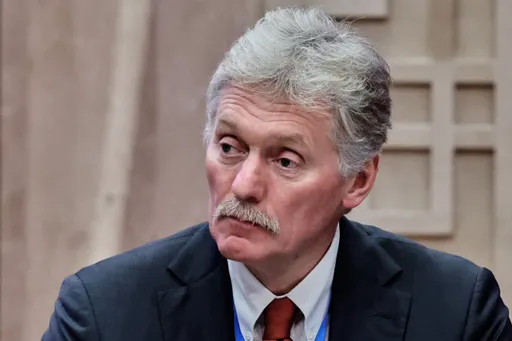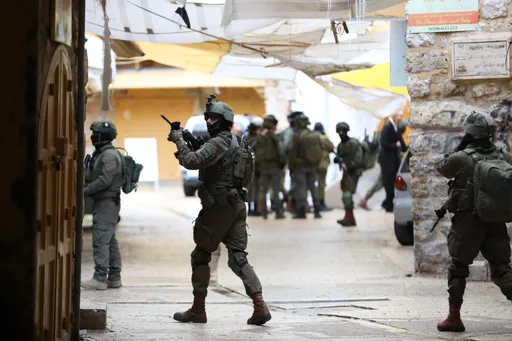Scores of people have been killed and hundreds injured in violence over the past few weeks in Cameroon’s English-speaking regions in clashes between government forces and residents agitating for the independence of the anglophone regions.
TRT World has a list of 30 people who were allegedly killed on September 22, 28 and October 1, but with an effective news blackout in the region it is hard to verify all the deaths.
A press release issued on Tuesday, the Central Africa Human Rights Defenders Network (REDHAC) reported that: “At least 100 demonstrators were killed as a result of the actual live bullets by the defense and security forces and by suffocation of tear gas absorbed in large quantities.”
It said it was able to identify 38 and that more than 200 people had been arrested, while 70 people were reported missing.
On various social media channels, such as Twitter and Facebook, claims are emerging of many bodies being found in the forests of Cameroon. Again, many of the claims are hard to independently verify.
Blame Biya
Blame for the deaths has been placed squarely on the government forces of Cameroon’s 84-year old President Paul Biya, who has ruled Cameroon since 1982.
Biya has issued a statement condemning the violence.
World War I legacy
The crisis in Cameroon has been in the making for the past century and has its origins in World War I, which ended in November 1918.
Cameroon, originally the German colony, was one of the spoils of war that saw Germany lose its colonies in terms of the Treaty of Versailles in 1919. It was divvied up between France and Britain, with France getting the lion's share. The French and English portions were governed separately.
The British territory consisted of two portions, known as Northern Cameroons and Southern Cameroons. Both were administered from Lagos, the capital of what was then British-controlled Nigeria.
In 1960 both British Nigeria and the French part of Cameroon were granted independence by the two colonial powers.
Residents of British Cameroons were offered a choice in a referendum in February 1961 that saw Northern Cameroons choose to become a part of Nigerian and Southern Cameroons elect to join the French-speaking Cameroon in a federation, with a high degree of autonomy.
Federation abolished
Biya's predecessor, former President Ahmadou Ahidjo, abolished the federation in 1972, which ended the autonomy of the English-speaking Cameroons and established unitary rule.
As a result of this English-speakers, who make up about a fifth of Cameroon's total population living primarily in Cameroon's North-West Region and the South-West Region, complain that they suffer inequality and discrimination.
It is a resentment that has fuelled a breakaway movement that culminated on October 1 in a symbolic declaration of independence from the rest of Cameroon.
Separatists used the October 1 anniversary of the official unification of the English- and French-speaking parts of Cameroon to declare independence for "Ambazonia," the name of the state they want to create.
Biya strongly opposes independence, as well as a less radical alternative for a return to the former federal structure, which the country once had.
Home-made bombs exploded in Bamenda on September 18 and September 22 in Douala, Cameroon's economic hub, which is in a francophone region.
The blasts prompted the government to ratchet up its response to anglophone agitation, notably calling the separatists "terrorists."
This was followed by orders for a three-day curb on movement in the two anglophone areas, coinciding with the independence declaration.
UN Secretary-General Antonio Guterres and Amnesty International have called on Cameroon to investigate the fatalities, and the European Union and France, have urged dialogue and non-violence.























